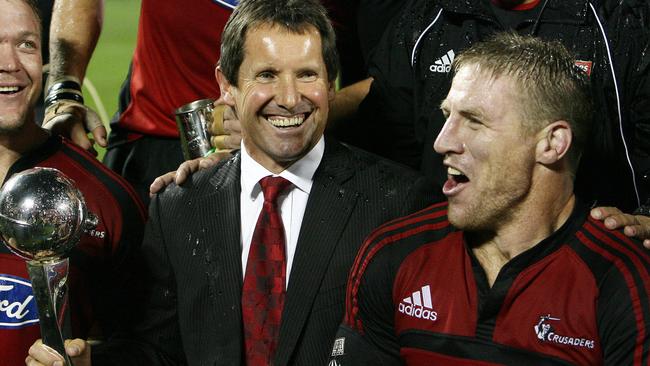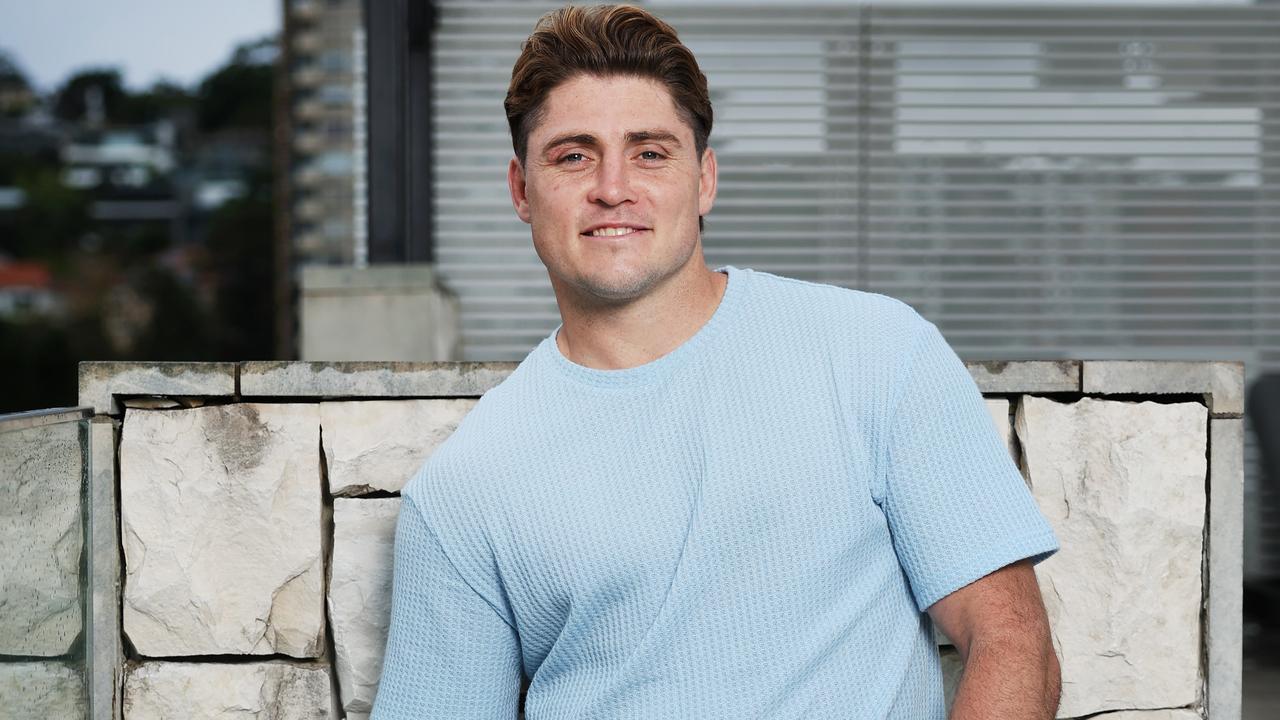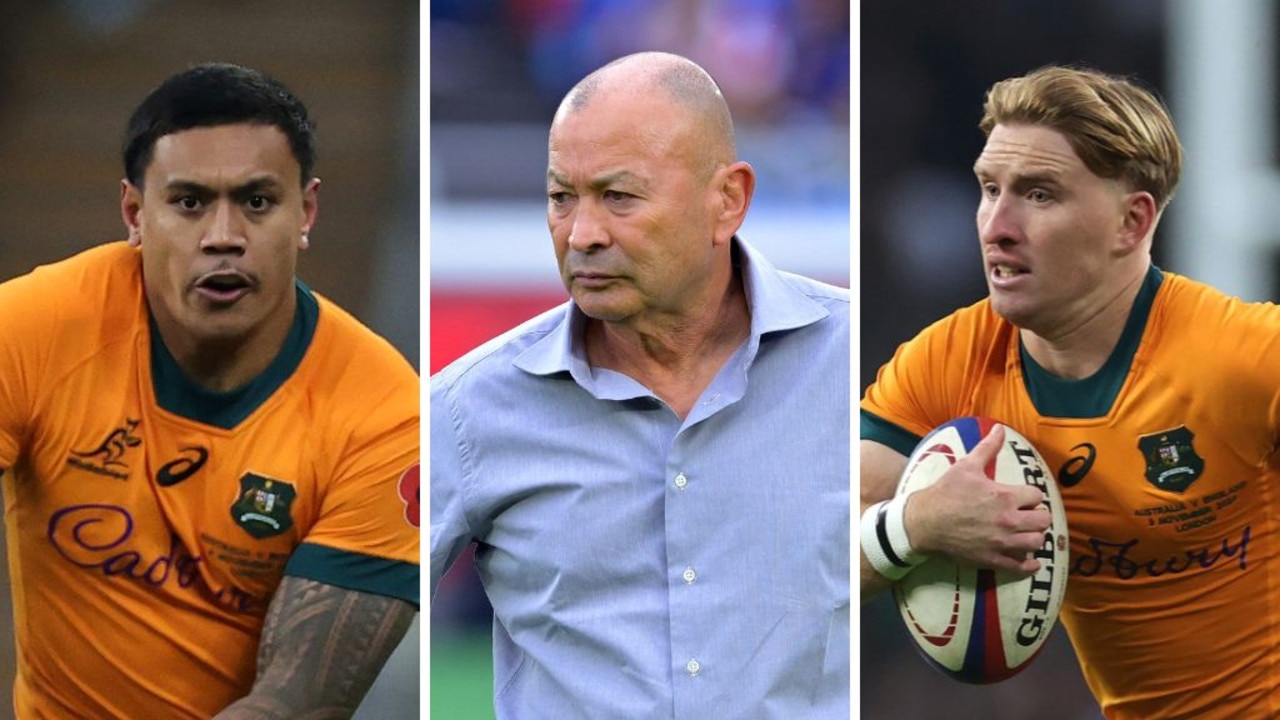Deans and Thorn unite with Super Rugby alliance
New deal could shore up the futures in Australia of rising stars in the ranks of the Wallabies.

Australia’s hopes of keeping such players as Taniela Tupou and Harry Wilson in the Wallabies system long-term have taken a dramatic rise with the signing of an alliance between the Queensland Reds and the Japanese Top League powerhouse, the Panasonic Wild Knights.
Like many other exciting players in the Reds, both Tupou and Wilson are signed through to the 2023 World Cup but by the time they come to negotiate their next contract, they could easily command some of the biggest salaries in world rugby. There are limits to what Rugby Australia and the Reds are able to afford but if their flexible contracts can also include a lucrative sabbatical with Japan’s strongest club, it might be possible for them to continue their careers with Queensland and the Wallabies.
The benefits of the relationship could well spill over into non-rugby areas as well, with the Queensland government and the Saitama Prefecture – who have been in a sister-state partnership since 1984 – playing a key role in bringing the two parties together.
Not that they needed much encouragement. Wild Knights boss Robbie Deans, the longest-serving Wallabies coach of the professional era, was a former Test mentor of the Reds’ rugby general manager Sam Cordingley and twice – in 2002 and 2008 – coached fellow Kiwi and now Reds boss Brad Thorn to Super Rugby titles with the Crusaders.
“It is not a formal relationship by any means but there is no question that Brad has come to rely on Robbie’s guidance during his own coaching career,” said Cordingley on Monday.
While there are clear benefits for Test stars like Tupou and Wilson, the main beneficiaries of the player exchange between the two clubs are likely to be the rising Academy stars. And with part-time contracts now becoming part of the picture, it would be possible for the Reds to send players to the Wild Knights for match experience in Japan from October until early in the Australian season before bringing them back if they are needed for the Reds.
And with Rugby Australia throwing the door open to foreign recruits – an opportunity the Western Force has availed itself of to grab half a dozen Pumas – it might be possible for Deans to send his best players Down Under for a finishing year in Super Rugby.
“But it doesn’t just end with the players,” said Cordingley. “We also see this exchange program helping to round off some of our rising coaches, strength and conditioning personnel and other support staff.”
Thorn said he was excited by the prospect of what the new partnership could bring, particularly since it allows the Reds to release their players to the Wild Knights knowing that they would be well taken care of.
“There’s a lot of good people and good things happening at Panasonic,” Thorn said. “We share similar values and cultures focused on care and connection.”
Deans saw the partnership as mutually beneficial. “We will not only enjoy activating these relationships but reflect on this as a significant moment in time,” he said.
Although the COVID pandemic has curtailed any Japanese involvement in Super Rugby or The Rugby Championship for the foreseeable future, the expectation is that Japan could be brought into both competitions in the relatively near future, at which point the Reds’ connections with Panasonic, like the Melbourne Rebels’ enduring partnership with Kintetsu, could become invaluable.
Part of the deal was that the two clubs would play a match annually, with the Reds set to travel to Japan in December next year for a match against the Wild Knights at Kumagaya Stadium. If the redevelopment of Ballymore is completed by then, it is possible that Panasonic will come to Brisbane for a return match in late 2022.



To join the conversation, please log in. Don't have an account? Register
Join the conversation, you are commenting as Logout